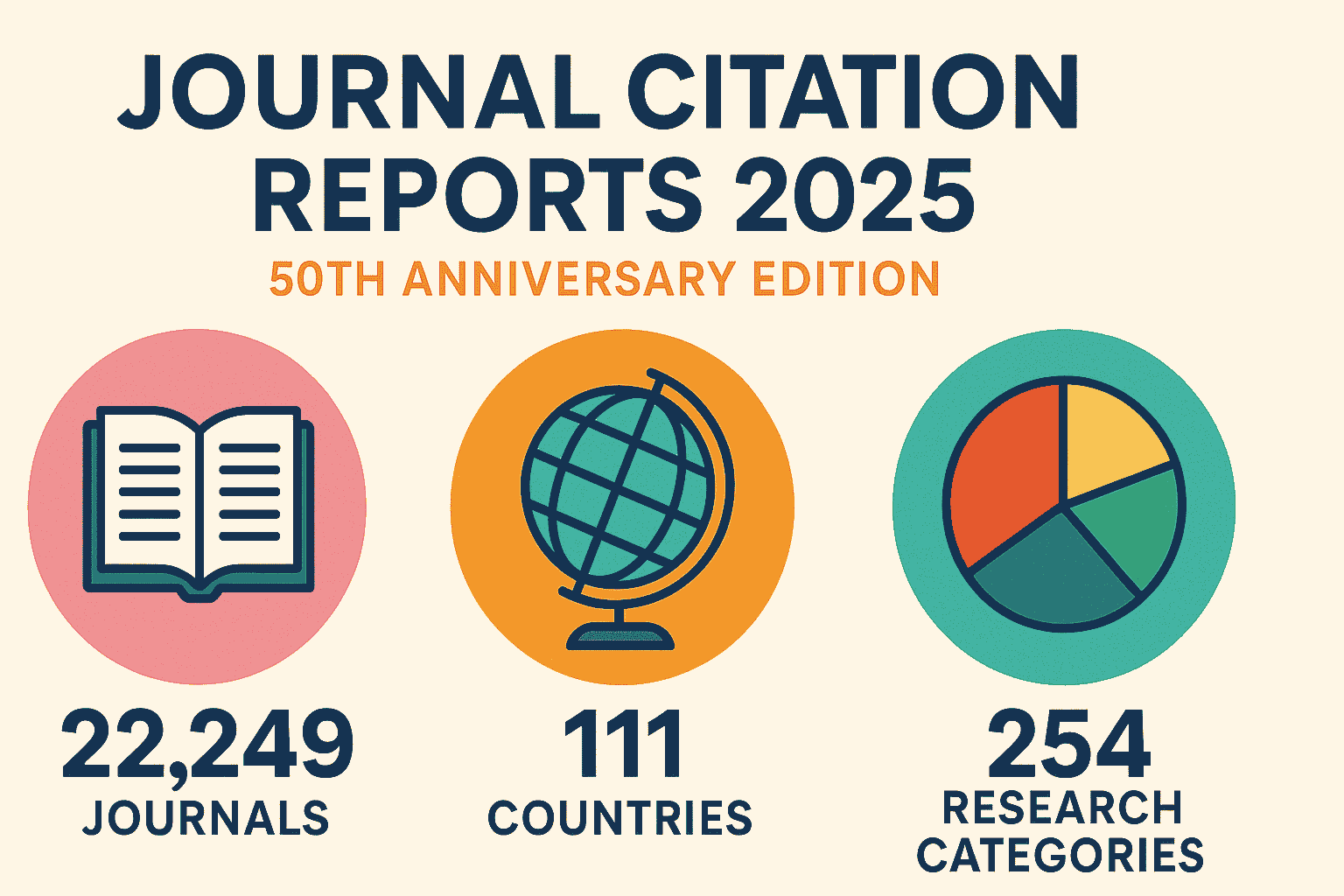TP53 Codon 72 Polymorphism Impacts Macrophage Activation through Reactive Oxygen Species–Dependent Cell Signaling Alterations
The role of the most common TP53 single-nucleotide polymorphism (SNP) at codon 72, which encodes for proline (P72) or arginine (R72), in the regulation of the immune system has not yet been thoroughly explored. We found that this SNP contributes to aggravated inflammatory response in COVID-19 patients resulting from biased macrophage activation. R72-P53 inhibits mitochondrial manganese superoxide dismutase, leading to impaired reactive oxygen species scavenging, oxidation of phosphatase and tensin homolog deleted on chromosome 10 (PTEN), and, consequently, its inhibition. Reduced PTEN activity causes constitutive activation of the PI3K/Akt pathway, which restricts proinflammatory (M1) and promotes anti-inflammatory (M2) phenotypes through NF-κB and p53 inhibition. In contrast, PTEN-reduced PI3K/Akt activity, in P72 carrying cells, favors M1 phenotypes. LPS-stimulated R72 macrophages fail to reduce tumor growth in a mouse model of cancer, in contrast with P72 macrophages, which preserve M1 phenotype in vivo and reduce tumor growth by enhancing antitumor T cell responses, consistent with antitumor functions of M1 macrophages. In addition, P72 macrophages contributed to increased mortality in a mouse model of LPS-induced endotoxemia. Therefore, given the high frequency of P72 in African Americans, cell signaling alterations driven by codon 72 of TP53 SNP may potentially contribute to differences in clinical outcomes and health disparities in common diseases associated with dysregulated macrophage activation.
Summary
The TP53 SNP at codon 72 (Proline/Arginine) influences the immune system by affecting macrophage activation. Arginine-P53 inhibits a key antioxidant enzyme, leading to PTEN oxidation and activation of the PI3K/Akt pathway. This promotes anti-inflammatory (M2) macrophages and impairs tumor suppression. Proline-P53, conversely, allows for more inflammatory (M1) macrophages, enhancing antitumor immunity but also increasing mortality in endotoxemia. This difference in macrophage polarization based on the TP53 SNP could contribute to varying clinical outcomes and health disparities, especially given the high frequency of Proline-P53 in certain populations like African Americans.
Read more…
This post is part of “Science/Immunology News”, Follow for more…!!!







